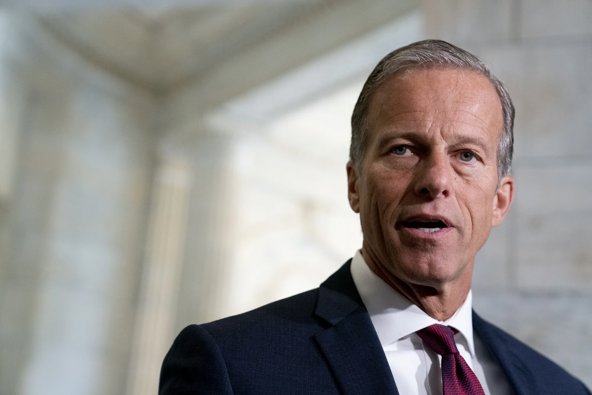
Senate GOP Targets Biden’s EV Rule
Senate Republicans prepare to vote on overturning California's EPA emissions waiver, challenging the Biden administration’s EV push.
Senate GOP Targets California’s EPA Waiver in EV Policy Clash
Senate Republicans announced plans Tuesday to vote on nullifying California’s emissions waiver from the Environmental Protection Agency (EPA), a move that could significantly undercut the Biden administration’s push for nationwide electric vehicle (EV) adoption. The waiver, which has long permitted California to implement stricter emissions rules than those set federally, also enables other states to follow its example.
The waiver has been central to California’s plan requiring all new vehicles sold in the state to be electric by 2035. The Republican-led effort seeks to reverse this provision under the Congressional Review Act, which allows Congress to eliminate regulatory actions by a simple majority vote, bypassing the traditional 60-vote filibuster threshold.
“The United States Senate is going to be heard from on this issue tomorrow,” said Senate GOP leader John Thune during a press conference at the Capitol. “We will act to prevent what many across the country see as a catastrophic outcome—an EV mandate imposed nationwide.”
Democrats have labeled the maneuver a procedural “nuclear option,” claiming it undermines formal Senate rules. However, Thune rejected that interpretation, arguing the action is not about eliminating the legislative filibuster but rather about determining who holds the authority to define what qualifies as a government “rule.”
Debate Over Definition of ‘Rule’ Sparks Partisan Clash
At the heart of the dispute is a disagreement between the Biden administration and the Government Accountability Office (GAO). While the administration maintains the waiver constitutes a rule, the GAO determined that it does not meet that threshold. Senate Parliamentarian Elizabeth MacDonough sided with the GAO, further intensifying the debate on legislative authority and regulatory oversight.
“This is a novel and narrow issue,” Thune said. “It deals with whether the GAO should be the one to decide what constitutes a rule, or whether that determination rests with Congress and the administration.”
Thune dismissed Democratic objections to the process, highlighting what he described as their past hypocrisy regarding filibuster reform. “The only people who’ve attempted to eliminate the legislative filibuster are the Democrats,” he asserted. “Every single one of them complaining today has previously voted to get rid of it when it served their agenda.”
The upcoming vote underscores broader tensions in Washington over climate and transportation policy. While the Biden administration has embraced aggressive targets for decarbonizing the U.S. transportation sector, many Republican lawmakers view the EV mandate as an overreach that disproportionately impacts consumers and industries reliant on internal combustion vehicles.
As the vote looms, its outcome could not only reshape how emissions standards are enforced nationwide but also set a precedent for congressional authority over environmental regulation. The result will be closely watched by automakers, state governments, and environmental groups alike.






